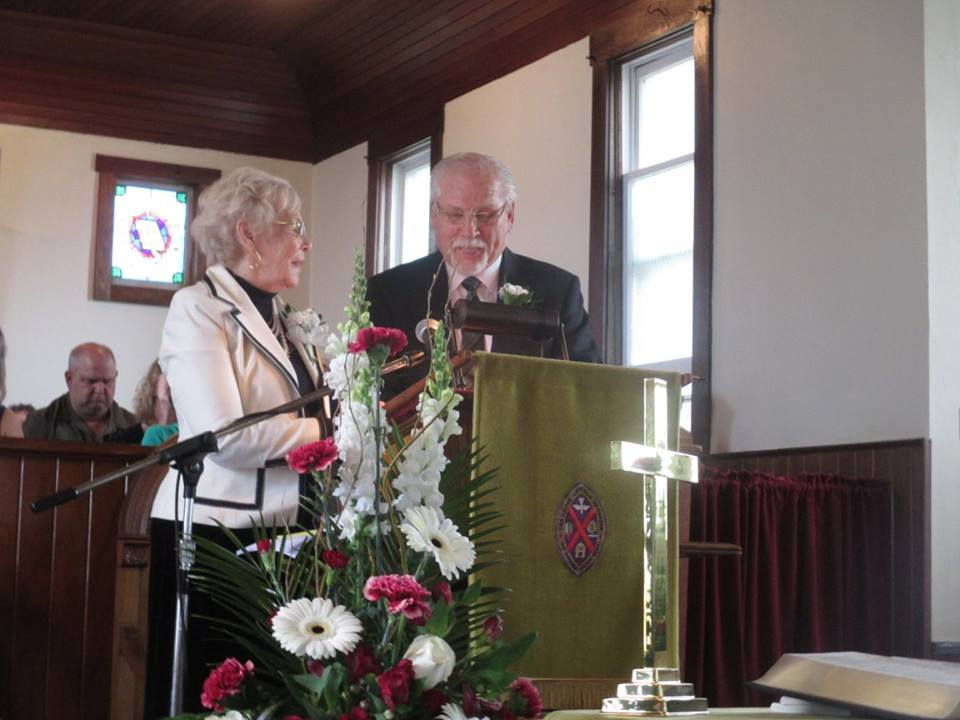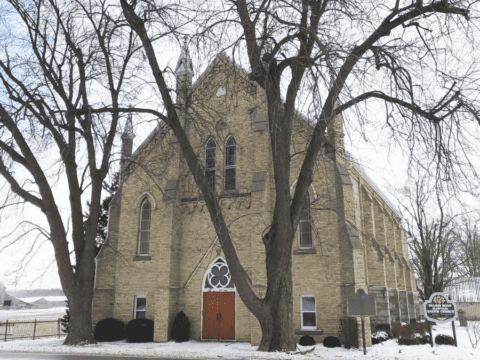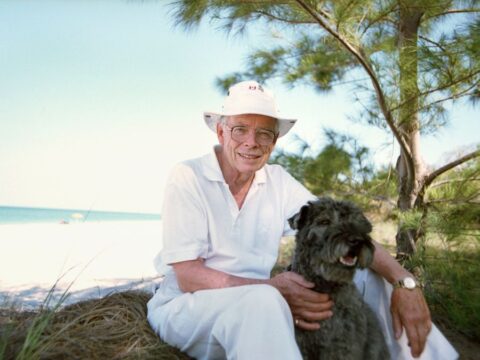I had an interesting upbringing, one filled with belief in miracles, the transforming power of the Gospel and speaking in tongues. My father was a Pentecostal minister in Saskatchewan, Alta., and B.C. Prairie winters couldn’t chill the lively and long church services! Daily devotions were a natural practice for our family, and extended family gatherings always involved scripture reading and fervent kneel-down prayer sessions.
In 1958, I married Wayne Myhre, a Bible college graduate, and three years later, he was ordained as a Pentecostal minister.
You may unsubscribe from any of our newsletters at any time.
Then in 1966, Wayne met Rev. Don Elmslie, a United Church minister, at the Petrolia, Ont. minister’s association. Don’s liberal theology was miles apart from Wayne’s, yet Don encouraged him to join the United Church, saying the church was strong enough to accept anyone, no matter their place on the theological spectrum. If you named Christ (Don’s terms), that was sufficient to be a Christian and a United Church minister. Don’s attitude was very surprising. There was plenty of room for differing theological opinions and personal lifestyle. We were drawn by his acceptance and felt God was leading us on a new path.
In the past few years, I have both heard that evangelicals are not welcome and seen them cast in a less-than-brilliant light.
When Wayne entered United Church ministry, we were immediately accepted and enfolded in love. No one took issue with his sermons, although a good friend and treasurer at the church in Conn, Ont. said after one, “That was a good sermon, Wayne, but I didn’t believe a word of it!”
Love and honesty, embedded in friendship and acceptance, overrode our belief systems.
Fifty years later, many changes have occurred in the United Church. In the wider church, we hear terms like progressive and post-liberal Christianity as well as traditional, evangelical and charismatic.
I still believe in the power of the gospel to transform lives — I have seen it many times throughout my 81 years. I agree that the Holy Spirit can be manifested in many ways. I believe in the literal resurrection of Christ. I stand with Paul in his statement, “If Christ is not risen, then our preaching is empty and your faith is also empty.” I also believe in divine healing. Yet, at the same time, I accept others who do not share my beliefs.
Now I wonder if the United Church is still strong enough to accept everyone on the theological spectrum. In the past few years, I have both heard that evangelicals are not welcome and seen them cast in a less-than-brilliant light. I worry that our more traditional Christian beliefs about Jesus might be rejected.
Don Elmslie maintained that our denomination’s tent was wide — yet if it now has room for atheists, then my question is, can there still be room for evangelicals?













